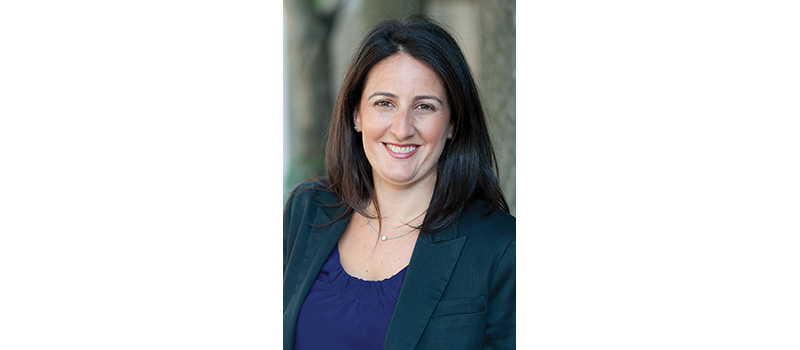by Rabbi Sari Laufer
In memory of Rabbi Richard Levy z”l (1937-2019)
In rabbinic school, I took a class called Spiritual Approaches to an Ordinary Day; we affectionately called it: Finding God on the 405. Each day, Rabbi Richard Levy would greet us with his traditional: Hello, lovely people…and then encourage us to find moments of transcendence in our everyday lives. He encouraged us to blend traditional Jewish practices into the minutiae of daily living in Los Angeles, and indeed—find spiritual moments in traffic. It’s easy, he said, just look up. Just look around. The world is full of blessings, and potential.
Rabbi Richard Levy died just before Shabbat began last week, and I, among his many students mourn the loss of my teacher, mentor, and rabbi. He was a remarkable man; you can read of his many accomplishments—he was arrested in St. Augustine 50 years ago, protesting with Dr. Martin Luther King, Jr. He was a founder of Beit Tzedek here in Los Angeles, where he was also a beloved director of Hillel at UCLA. He was the author of prayers, prayerbooks, and most recently—a translation of Psalms. And, he was the author of the 1999 Pittsburgh Principles, forging a new vision of Reform Judaism for the 21st Century. That vision was what drew me, and I think countless others, to the rabbinate, and ultimately here to Stephen Wise Temple.
All of these accolades were given their due at his funeral this week, and rightly so. But of all of the stories told and lessons learned, I keep coming back to a story told by his old friend—and my former professor—Rabbi Dr. Lewis Barth. Dr. Barth reminisced about one of his first encounters with Richard, taking a walk in the woods of Cincinnati, as Richard ran through piles of leaves, flinging them in the air, and laughing delightedly as they fell all around him. Spiritual approaches to an ordinary day.
In this week’s portion, Sh’lach-L’cha, Moses sends 12 men on a reconnaissance mission in the Promised Land. 10 of them come back cynical—it is a land full of giants, we were like grasshoppers in their eyes, this will be a disaster. But two of the scouts, Caleb and Joshua, come back confident, filled with hope, strong in their faith. Caleb and Joshua looked up, and saw something different—they saw possibility.
I know that I am sometimes guilty of catastrophizing, of jumping to a worst case scenario—or less dramatically, of sweating the small stuff. But among all of the things that I learned from him, Rabbi Levy taught me, then and now, to look up. And that is my wish for you this Shabbat. Wherever you find yourself—surrounded by family at Shabbat dinner, on vacation, or simply on the 405: look up and see something new. Look up, and delight in it.
Look up with faith, look up with hope—and you will see possibility in yourself, in humanity, and in the world around us.
Zichrono livracha—his memory is an abiding blessing.

